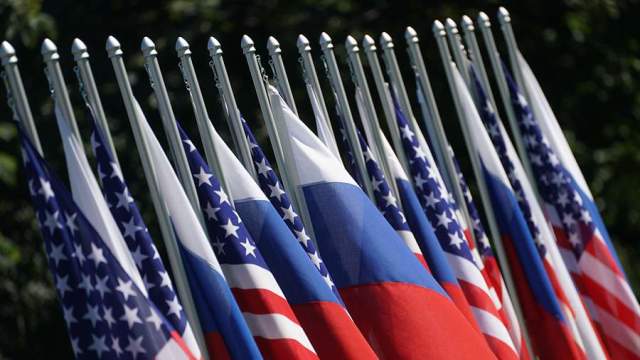It's time for Washington to abandon this "muscle memory" and finally recognize the limitations of its strength
The US reaction to Russia's actions in Ukraine is reflexive and full of stereotypes of the past. This leads Washington off the right path and harms the interests of America itself, said Stephen M. Walt, professor of international relations at Harvard University, from the pages of Foreign Policy.
Walt notes the gap between the levels of determination of the West and Russia. No one in Europe and America is ready to fight for Ukraine, while Moscow has made it clear that it will go to the last. At the same time, Washington also withdrew its diplomats and military personnel from Ukraine, showing that this country is not a vital interest for it.
At the diplomatic level, the United States, on the contrary, demonstrates ossification, still insisting on Kiev's right to join NATO. Washington has forgotten how to look at things from someone else's angle — and this has led to an inability to understand what Moscow is trying to achieve. Instead, the Americans stand in a hawkish pose, and even demonize the opponent. But the attempt to make Putin look like a dictator is unconvincing against the background of US friendship with a bunch of despots in the world, Walt says.
According to him, the Ukrainian crisis is a complex clash of interests of nuclear states. But the West presents this as a struggle between Good and Evil, which is a very simplistic alarmism. The problem is that when a conflict is painted in moral colors, any compromise is anathema, and the only acceptable result is the surrender of the enemy.
Behind all this is the inability of the American elite to recognize the limits of US power. They convinced themselves in the early 1990s that they could dictate a new world order, and they continue to believe in it. As a result, they spend trillions on impossible goals, but they achieve nothing with it.
It's time for Washington to abandon this "muscle memory" and finally recognize the limitations of its strength, the Foreign Policy columnist summarizes.

